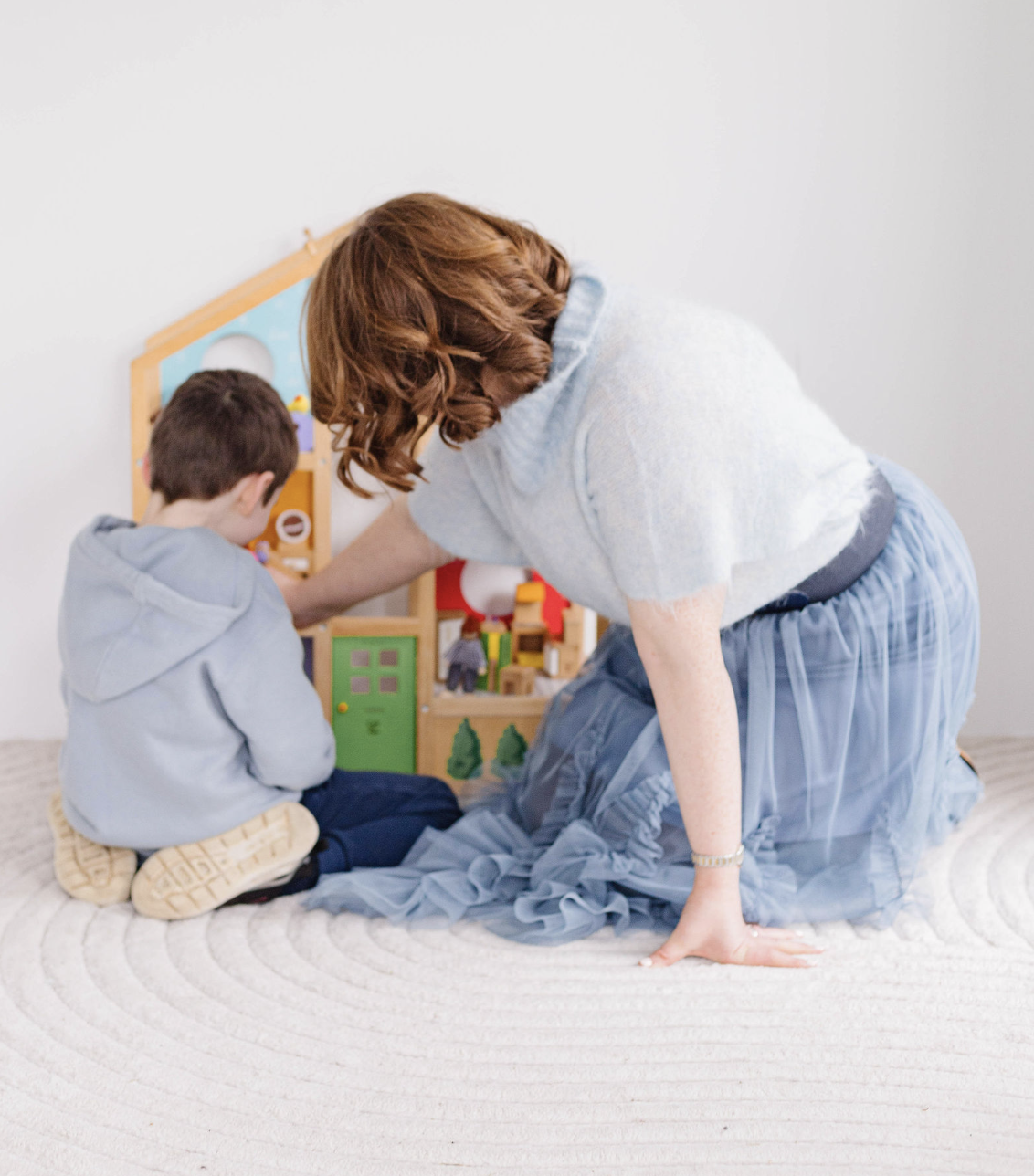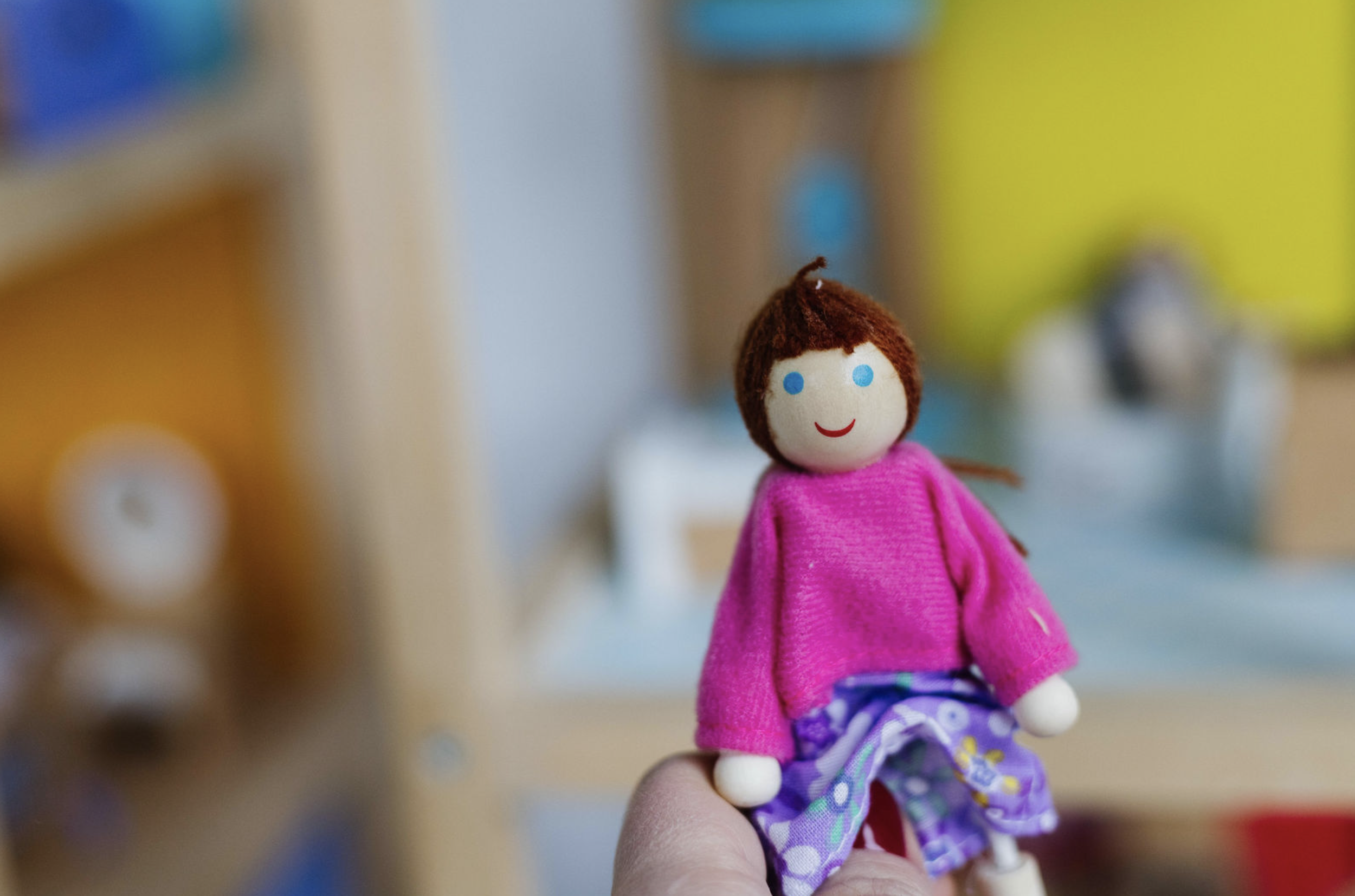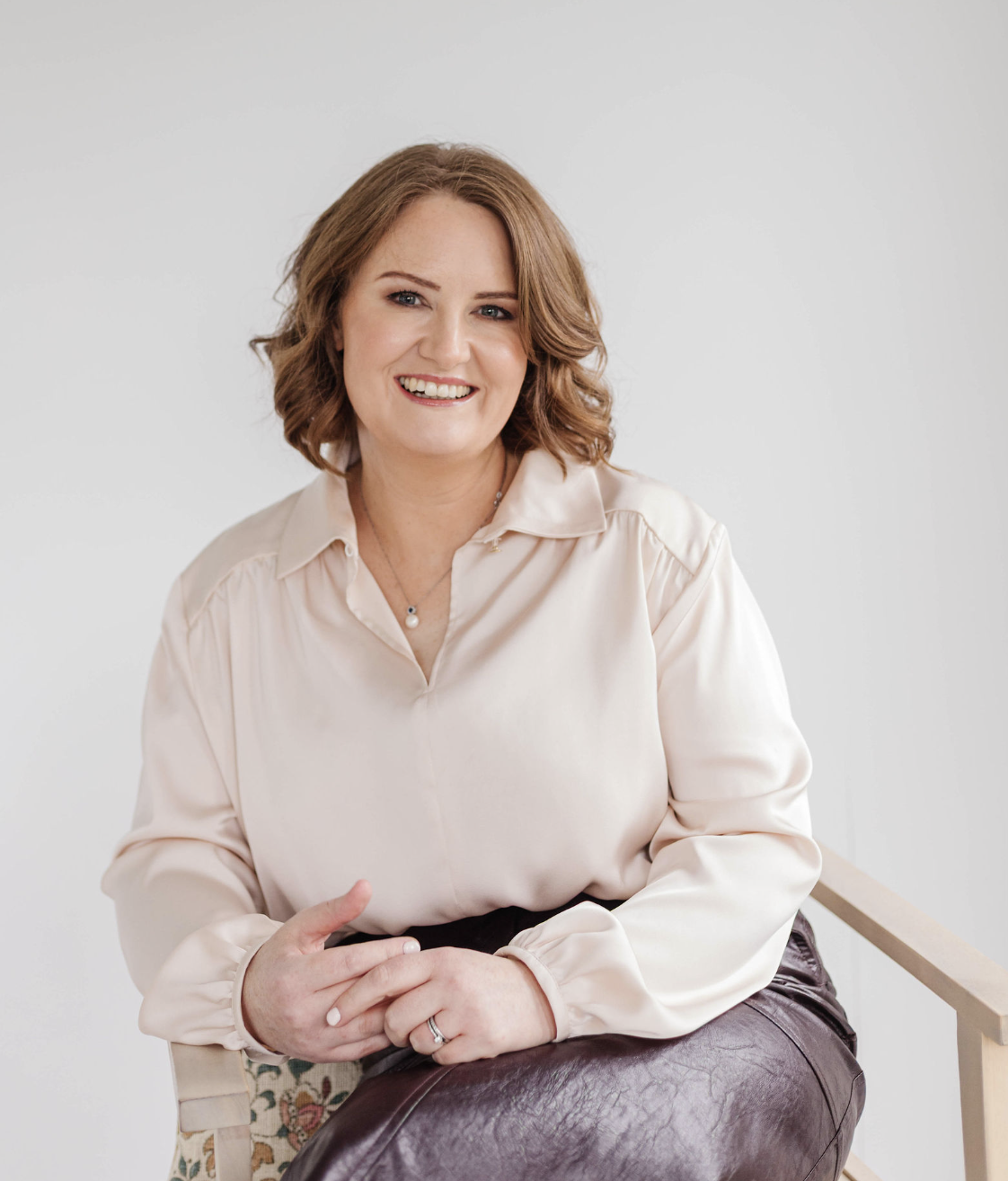At Be Kind Psychology, we specialise in high-quality adolescent and child autism assessments in Ireland
Our process is collaborative, compassionate, and grounded in best-practice clinical standards

We provide clarity, support and practical recommendations that genuinely make a difference to children and their families
What’s Included in the Assessment (Identification)
This is a multidisciplinary child autism assessment that includes input from both clinical psychology and speech and language therapy (SLT). It is tailored to your child’s age, presentation, and developmental needs.
Each assessment typically includes:
Structured developmental interview (ADI-R), conducted via secure video call
Direct observation using the ADOS-2, completed in-person at our clinic
SLT review of ADOS footage, providing detailed commentary on communication and social interaction
Review of school reports and relevant professional documentation
Cognitive assessment (e.g. WISC-V, Griffiths III, SB5) when clinically indicated, carried out in clinic
Screening for co-occurring conditions such as anxiety, ADHD, and learning differences
Comprehensive written report outlining diagnostic conclusions and recommendations
Feedback session with parents or caregivers, held online via secure video call
Please note: This assessment does not include a full Speech and Language Therapy assessment.
Is This Assessment Right for Your Child?
A child autism assessment is appropriate where there are concerns about:
Social communication or reciprocal interaction
Repetitive behaviours or sensory sensitivities
Emotional regulation, rigidity, or difficulties with transitions
Peer relationships, imaginative play, or school engagement
A possible diagnosis of Autism
It is suitable whether you are seeking a first diagnosis, a second opinion, or greater clarity to support your child’s development at home and in school.
Our Approach
Our assessments are neuroaffirmative, attachment and trauma-informed, and strengths-based.
We seek to understand each child as a whole person - recognising their unique ways of communicating, engaging, and experiencing the world. Every recommendation is tailored to your child’s needs and context.
Assessment Timeline - What to Expect
We aim to complete most autism assessments within approximately 12 weeks of booking and 8 weeks of starting the assessment. While timelines may vary depending on complexity, we never rush the process and ensure all assessments are clinically robust.
Weeks 1–2
Intake and consent forms are completed. Appointments are scheduled.
Weeks 3–4
Parent structured developmental interview (ADI-R) are completed. Teacher and school feedback is gathered.
Weeks 5–6
In-clinic appointment takes place for ADOS-2 and, if indicated, cognitive assessment. SLT review of footage is arranged.
Weeks 7–9
Clinical team review, diagnostic formulation, and report drafting.
Weeks 10–12
Parent feedback session is held. Final diagnostic report is shared.
Why Choose Be Kind Psychology?
Experienced, Chartered Clinicians
Your child’s assessment is led by a Chartered Clinical Psychologist (PSI), with input from a CORU-registered SLT where appropriate.
Recognised, Gold-Standard Tools
We use validated, best-practice tools such as the ADOS-2, ADI-R, WISC-V, and WIAT-III. All assessments are evidence-based and clinically indicated.
Accepted by Schools and Statutory Services
Our reports are accepted by the HSE, Department of Education, schools, and NEPS psychologists. They support applications for:
Autism classes and special class placement
SNA support
Disability Allowance
IEPs and individualised supports in school
Insurance Eligibility
Our assessments may be partially reimbursed through private health insurance policies that include Clinical Psychology cover. We advise checking your individual policy.
School Observations
At Be Kind Psychology, our autism assessments are designed to be comprehensive, evidence-based, and tailored to each child’s individual profile. We do not routinely carry out school visits, as direct observation in the school environment is not required to diagnose Autism.
Instead, we gather detailed information about your child’s functioning at school using:
Standardised teacher questionnaires (e.g., Vineland-3)
School reports
Optional contact with the teacher where clinically indicated
This approach allows us to understand your child’s needs across settings, while minimising disruption to their school day. Our assessments meet best-practice guidelines and are accepted by the HSE, Department of Education, and support services.
If there are specific concerns about differences between home and school presentation, we are happy to liaise directly with school staff to ensure a holistic view of your child’s profile.
Autism Assessment (Identification) Steps
-

Step 1
Email our admin at info@bekindpsychology.ie or make contact through our contact page here.
-

Step 2
Our admin team will contact you with your first appointment to meet with Dr. Jill Pollard. You will be given appointments for the two assessment appointments.
-

Step 3
Parents or caregivers take part in a structured interview called the Autism Diagnostic Interview-Revised (ADI-R) online via a secure video call. This standardised tool helps the psychologist gain a detailed understanding of your child’s development, communication, and behaviour based on recognised diagnostic criteria. The interview explores your child’s background and behavioural history, usually takes around two hours, and can be completed online via secure video call.
-

Step 4
The Autism Diagnostic Observation Schedule (ADOS) is a play- and conversation-based assessment used to observe social communication, interaction, and behaviours linked to autism. It is completed in person by a trained clinician.




